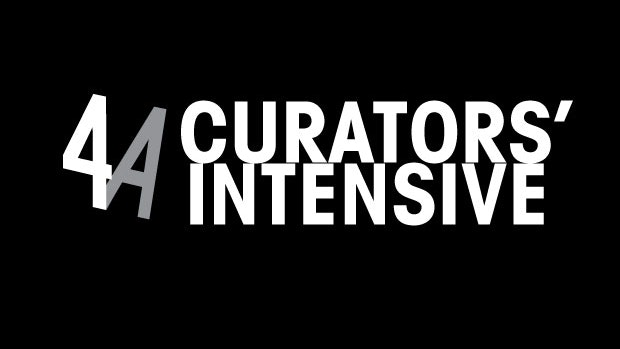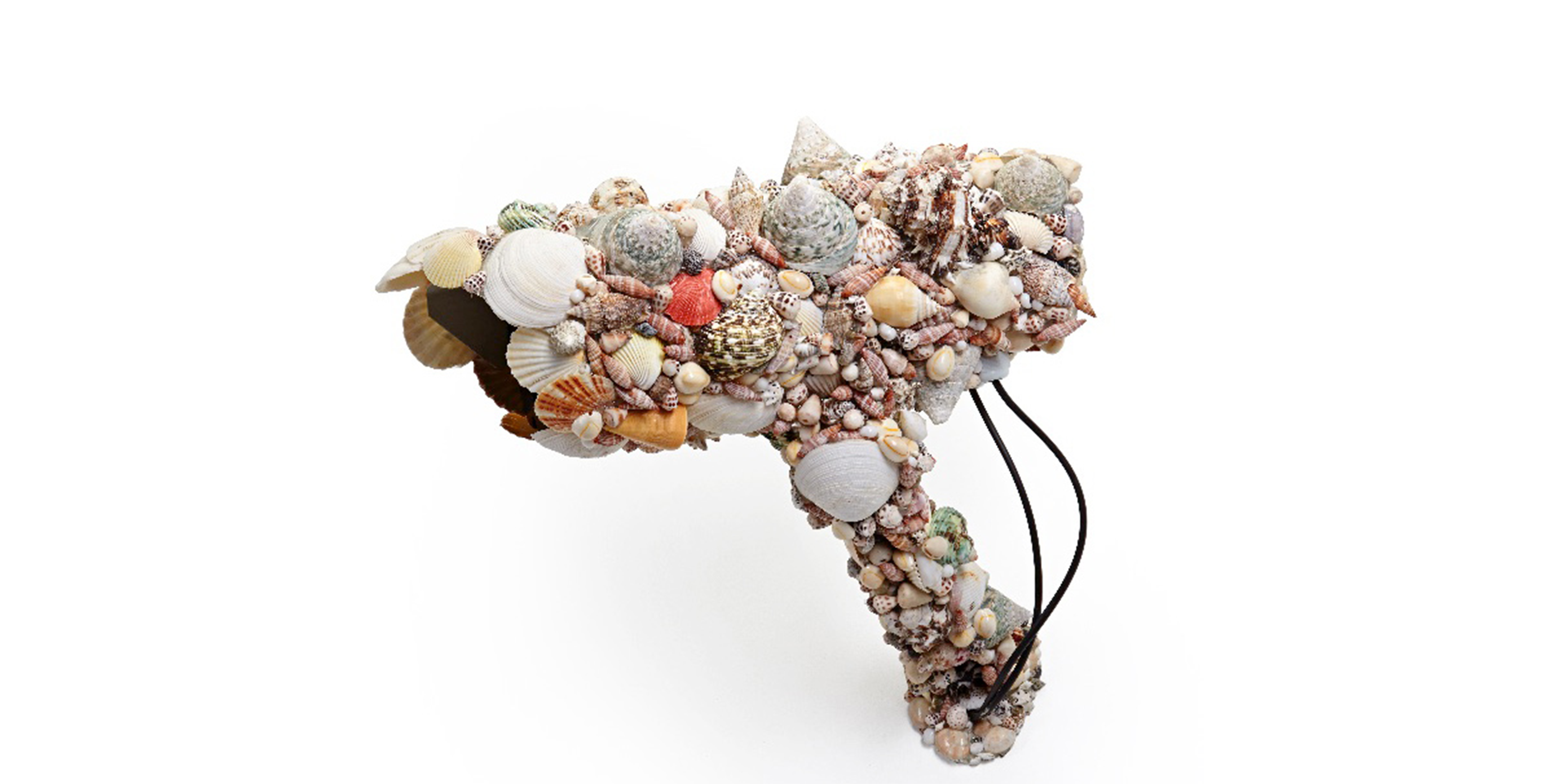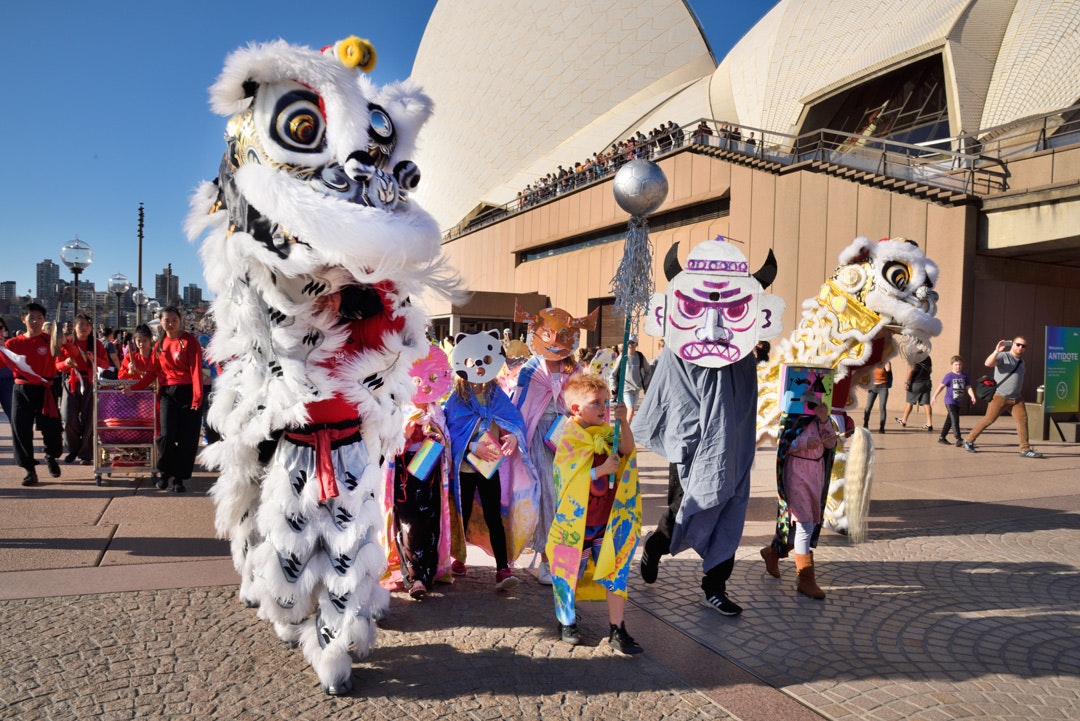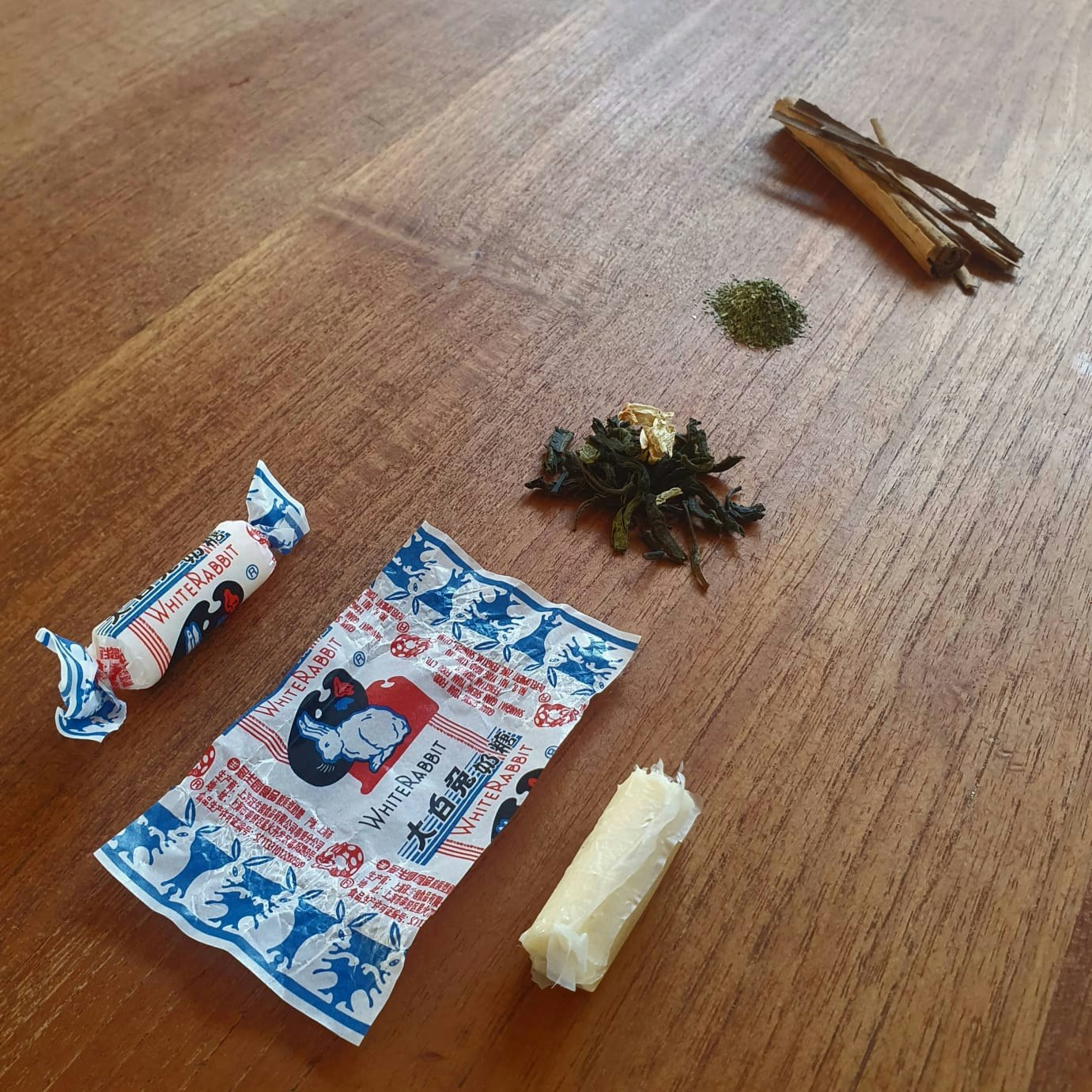4A Curators’ Intensive Lecture Series

When
Monday, 27 June 2016, 8:30am
Location
4A Centre for Contemporary Asian Art
181-187 Hay St, Haymarket
As part of the biannual Curators’ Intensive 4A Centre for Contemporary Asian Art presented keynote presentations by three leading international curators. Carol Yinghua Lu (Beijing, China) Zarmeené Shah (Karachi, Pakistan) and Pooja Sood (Delhi, India) are leading curatorial practitioners working to interrogate contemporary concerns through curatorial frameworks.
These talks are FREE and allow you to view Pio Abad, 1975-2015 by night with a drink in hand.
Venue: 4A Centre for Contemporary Asian Art,
181-187 Hay Street, Haymarket, Sydney
We encourage you to book early as these keynotes will book out.
The 4A Curators’ Intensive supported by Copyright Agency Cultural Fund.
Carol Yinghua Lu
Revisits and Thick Description – Critical Reflections of Art Historical Narratives in the Post-Seclusion Era in China through Exhibition-Making.
Seclusion (closed-door) policy has been employed by various Chinese governments in the recent history of China. Only during the Qing Dynasty, a generation of progressive thinkers and intellectuals introduced the notion of China as a nation state in the perception of its relationship to the rest of the world and in the field of history writing. In order to prevent the unorthodox ideas and cut off the outside forces, which interfered its authority, the Qing Administration implemented the seclusion policy, which had brought about serious consequences. Following the founding of the People’s Republic of China in 1949 by the Communist Party, closed-door policy has been mobilized to various degrees over various periods, particularly during the Cultural Revolution, to cut off all diplomatic ties from the rest of the world, suspending exchanges in terms of economy, politics, culture and science, to assert nationalism and assure the unquestioned and unchallenged authority of the government.
More than three decades have passed since the end of the Cultural Revolution and China has been ushered into what can be considered “post-seclusion”, a term proposed by artist Liu Ding based on his observation and investigation into the contemporary ideology of the general public in China. In collaboration with Liu Ding, I have been working on researches concerning the recent history of art, especially on the critical issues in the broader context of the intellectual, political, social and revolutionary histories that inform and shape our sense of art history, the basis for our artistic practice and discourse in China. We have attempted to combine historic research and exhibition making in the field of contemporary art practice, envisioning and discovering connected links between historic events to contemporary thinking and practice. In this talk, I will elaborate on two examples of our collaborative curatorial practice: From the Issue of Art to the Issue of Position: Echoes of Socialist Realism and New Measurement Group and Qian Weikang: Two Case Studies of Conceptual Art Practice in the Early 1990s, and discuss how we employ the medium of exhibition with specific approaches as a means of historic research and reconsideration.
Monday 27 June, 6.30 FREE. Book now.
Zarmeené Shah
The Karachi Biennale: A Case Study in Alternative Sites of Exchange
Taking the upcoming inaugural Karachi Biennale in 2017 as model, this talk opens up possibilities of how one begins to formulate ways of anchoring the ideas and dialogues generated in contemporary practices from Pakistan and around. Focusing on the biennale’s thematic of Witness, Shah discusses curatorial approaches and strategies geared towards the unpacking of a layered conceptual framework, highly relevant to this historically and geopolitically charged region, that looks at ideas of the personal and the political (geo/socio/religio), of memories and histories (written, unwritten, rewritten), and of investigations of the urban, the city of Karachi, within which many artistic practices find themselves entrenched. With a lack of state support and of many formal institutional structures and spaces, this presentation also raises questions of art in alternative/public space and takes into consideration issues of articulation, dissemination, audience and engagement. In such places, how must the roles of curators, artists, institutions and individuals shift in order to meet the challenges of a burgeoning art industry and evolving art practices that do not find Western institutional, critical and infrastructural models at their heart? As co-curator of the exhibition, Shah looks at the biennale as a site of exchange, investigating the possibilities, potentials and impacts of this large-scale, inaugural international art event for the city where it is to be located, the country, and for the region at large.
Tuesday 28 June, 6.30 FREE. Book Now.
Pooja Sood
48Degrees C. Public. Art. Ecology: Questions of public arts beyond spectacle
Wednesday 29 June, 6.30 FREE. Book Now.


